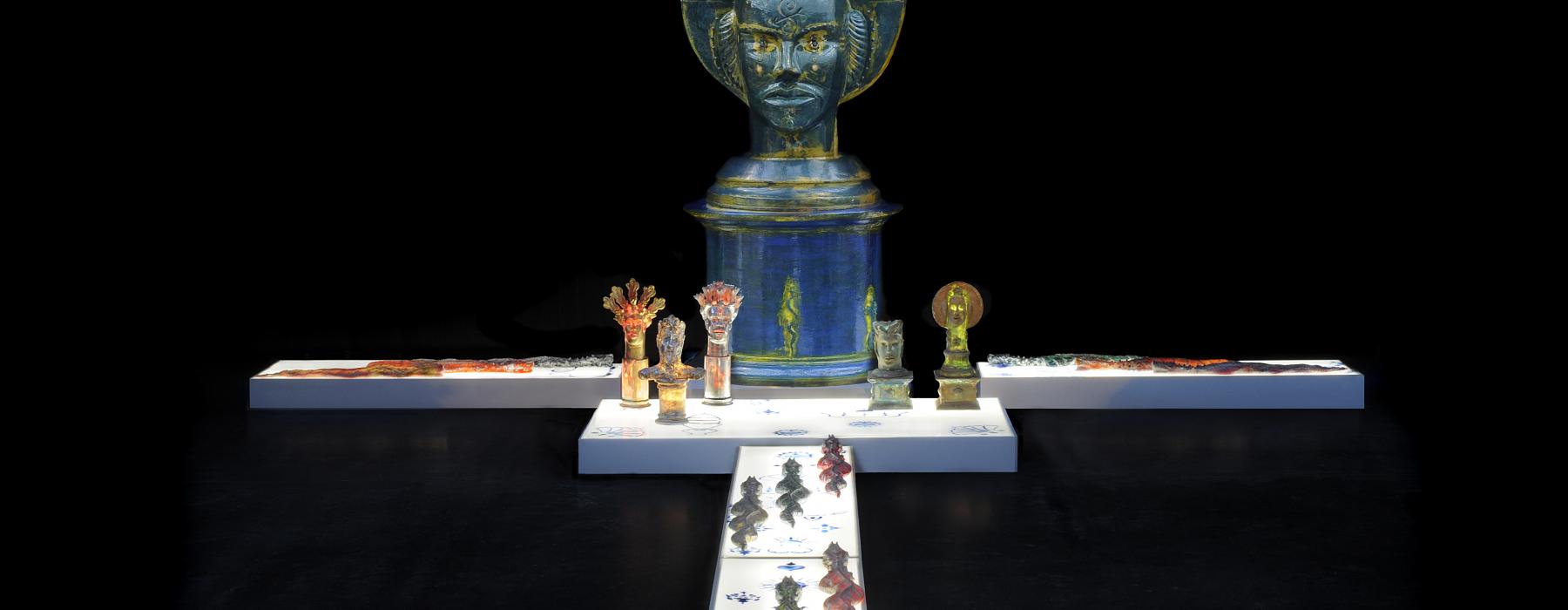
The research program of Archival Interactions took place at museum/archive partner’s sites in mostly virtual meetings that brought together scholars, artists and archivists (Feb 2020-Oct 2021). Our overarching focus was on discussing how the practices of participants related to engaging with archives and counter-archives—curating, collecting, consulting, creating—in a manner that incorporated an intersectional critique of their formation and study. We learned from each other’s experiences of facing loss and encountering gaps in collected or archived knowledge perpetuated by structural oppressions due to race, gender, class, age, sexuality, religion, residency status, as well as multitude emerging factors that influence personhood/subject positions. We discussed how to counter, sensitize, and shape the logic of archiving and its positivism (that which can only be scientifically verified) that discounts other knowledges of feeling and the ephemeral that are often key for historically marginalized groups who suffer from symbolic annihilation in the form of untrustworthy ‘evidence’ and representation. The resources of counter-archival materials, knowledge, and affects are sometimes the only—or most trusted—sources for gaining access to these pasts and the felt historicity of the present. We explored how institutional archives might be hacked or molded differently to make a platform that gives space to formerly muted and excluded voices, and how to hold state and colonial archives accountable. We also discussed forms of exhibition-making, art and performance that are willfully crafted so as not to suit archival demands, opening up a field for the anarchival, embodied knowledges, emotions and liveness of experience, ephemeral evidence and speculative histories.
We were hosted by the Research Centre for Material Culture at the Tropenmuseum to think through Criticality and Solidarity in interpreting collections, at the Van Abbemuseum to discuss Urgent Visualizations of archived materials; at DAS Research at the Academy of Theatre and Dance to experience the Anarchive's Excess in performance; at Het Nieuwe Instituut for [De-]Constructing Heritage by focusing on the labor of (precarious) heritage workers; at IHLIA LGBT+ Heritage to reflect on interventions and practices that honor Legacy and Speculative Archives.